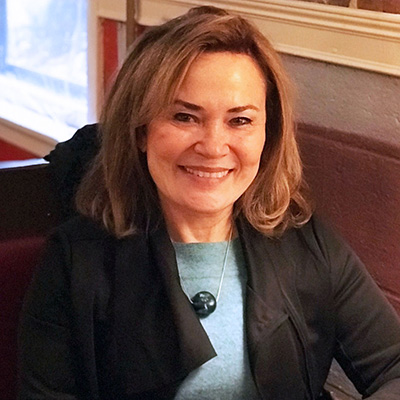Article
"The Clocks that Time Us: Dynamics in Brain Metabolism and Sleep"

Abstract: Our behaviors—eating, learning, sleeping—are shaped by a clock in the brain. Circadian clocks, whose cellular processes mark the passage of time in 24-hr cycles, are fundamental components of life. They organize body functions around the major variable in the natural world, the daily cycle of darkness and light. This presentation will introduce 1) biological clocks to a general audience, 2) a newly discovered metabolic oscillator that governs excitability in the hypothalamus and hippocampus, and 3) a new role for sleep in clearing waste and toxins from the brain. This work has important health applications. Malfunctioning of the master circadian timing system results in brain and organ dysfunctions, such as clinical disorders of sleep, mental health, and neural degeneration.
Speaker Biography
Martha Gillette is professor of cell and developmental biology, of molecular and integrative physiology, of bioengineering, and of neuroscience. She is the director of the U of I Neuroscience Program, and on the faculty of the Beckman Institute for Advanced Science and Technology. She is affiliated with the Carle Illinois College of Medicine, the Carle R. Woese Institute for Genomic Biology, the Micro and NanoTechnology Labs, and the Center for Nanoscale Science and Technology. Professor Gillette received an A.B. from Grinnell College, an M.S. from the University of Hawaii in zoology, Ph.D. in developmental biology from the University of Toronto, and postdoctoral training in neuroscience at the University of California, Santa Cruz. She is currently a Center for Advanced Study Professor and a Cell and Developmental Biology Alumni Professor of the University of Illinois. She has mentored more than 60 graduate and postdoctoral trainees, the majority of whom are women, and she received the Outstanding Advisor Award for training medical scholars. Gillette has served in numerous advisory capacities to the National Institutes of Health and the National Science Foundation, and in executive positions in professional societies. She is a fellow of the the American Association for the Advancement of Science and was awarded the Society for Neuroscience's Women in Neuroscience Lifetime Achievement Award.
Beckman Institute for Advanced Science and Technology